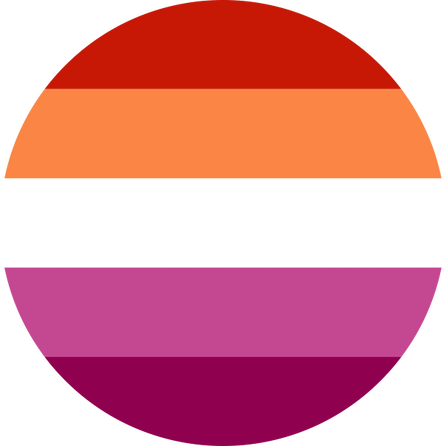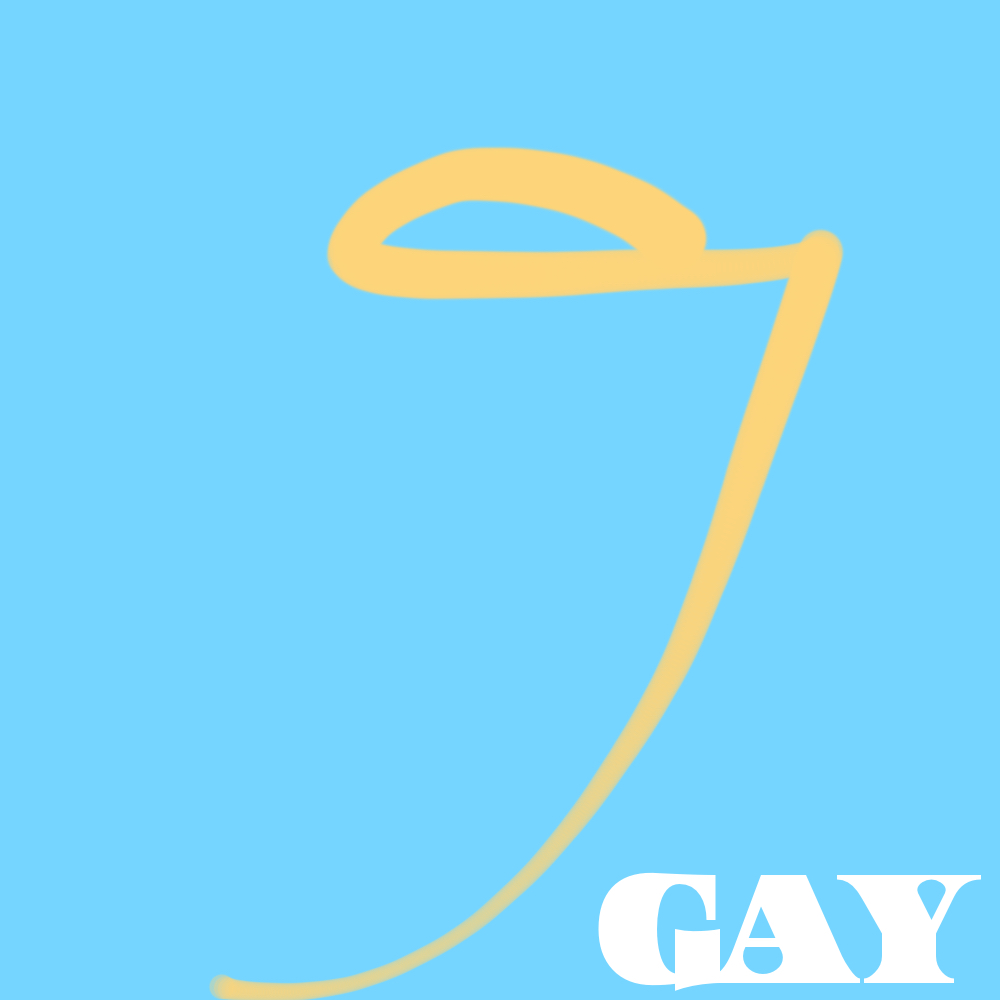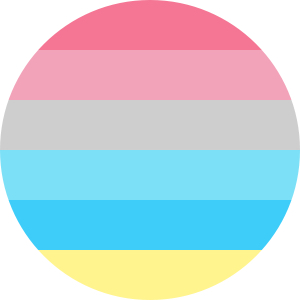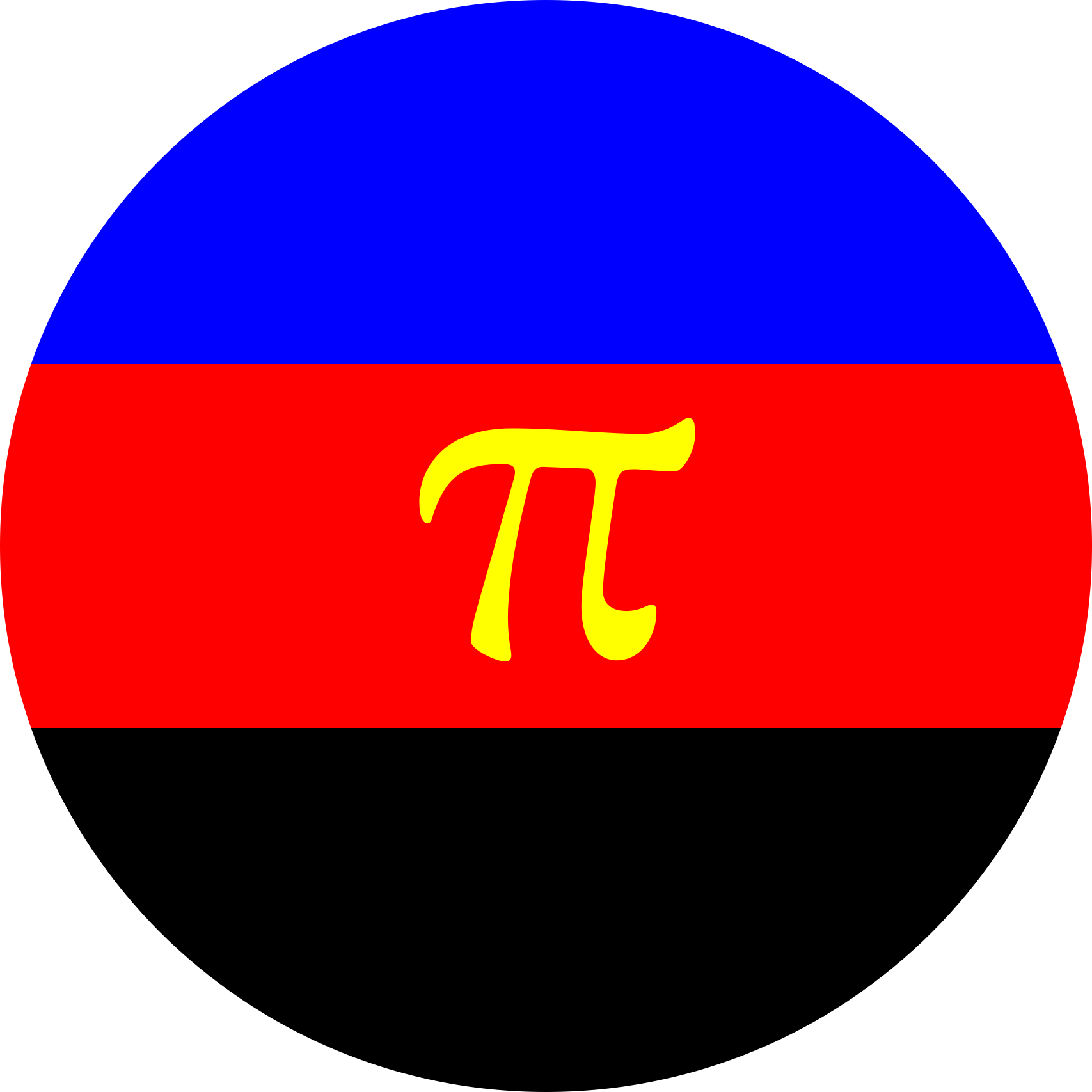Lesbian refers to a woman who is primarily romantically, emotionally, and/or sexually attracted to other women. In other words, she is a woman who experiences same-sex attraction or who identifies as a member of the lesbian community.
Table of Contents
Women who love women

The term “lesbian” is typically used to describe a person’s sexual orientation or identity, and it is an important aspect of the diverse range of human experiences and expressions of gender and sexuality. It is important to respect and support the diversity of people’s identities and orientations, including those who identify as lesbian.
Where does the word lesbian come from?
The word “lesbian” comes from the name of the Greek island of Lesbos, which was the birthplace of the ancient Greek poet Sappho. Sappho wrote love poems addressed to women, and her work is known for its celebration of female beauty and desire.
Over time, the term “lesbian” came to be used to describe women who experienced same-sex attraction or engaged in romantic and sexual relationships with other women. Today, the word “lesbian” is used around the world to describe a woman’s sexual orientation or identity and is an important part of the diverse spectrum of human experiences and expressions of gender and sexuality.
Is the word Lesbian controversial?
The word “lesbian” is not inherently controversial, but like many terms related to gender and sexuality, it can be the subject of debate and controversy. Some people may have negative attitudes towards lesbianism and use the term in a derogatory way, which can make it a hurtful word for those who identify as in this way. Additionally, some people may prefer other terms to describe their sexual orientation, such as “gay,” “queer,” or “same-gender loving,” depending on their personal preferences and cultural context.
It is important to respect individuals’ self-identified labels and to use language that is respectful and inclusive. This means using the terminology that people use to describe themselves and being mindful of the impact that our words can have on others. By recognizing and valuing the diversity of human experiences and identities, we can create a more inclusive and supportive society for everyone.
Who can be a Lesbian?
Anyone who is a woman and is primarily romantically, emotionally, and/or sexually attracted to other women can identify as a lesbian. This can include cisgender women (women who identify with the gender they were assigned at birth) as well as transgender women (women who were assigned male at birth but identify as female). Although there is another term which has been coined and that is Transbian, which can be seen as controversial. Speaking to THEGAYUK Pippa Catterall a transgender woman and Professor of History and Policy at the University of Westminster explained what transbian means.
She said, “A transgender woman who is attracted to either transgendered or cis women. It is used to differentiate from cis women who have a lesbian sexual orientation.
“Not all trans women are comfortable with the term, as it can be seen as denying their transition. Some lesbians are also very hostile to the term, despite the attempt to differentiate, particularly those who essentialize gender and therefore deny that gender transitions can even occur”
What is the lesbian flag?
The lesbian flag is a symbol of identity and pride. It was designed by a graphic designer named Emily Gwen in 2018, after a call for entries on social media.
The flag consists of several shades of pink, orange, and white horizontal stripes. The top two stripes are a shade of dark orange or red, which represents the gender non-conforming and queer women who are part of the lesbian community as well as independence. The orange stripe represents Community.
The middle white stripe represents unique relationships to womanhood or the acknowledgement that gender is a social construct. The bottom two stripes are shades of lighter pink, representing Serenity and Peace, Love and Sex and Femininity.
GENDER NON CONFORMITY
INDEPENDENCE
COMMUNITY
UNIQUE RELATIONSHIPS TO WOMEN
SERENITY AND PEACE
LOVE AND SEX
FEMININITY
The lesbian flag has become a popular symbol of lesbian identity and is often used at LGBTQ+ pride events and other community gatherings. Like all flags and symbols, its meaning can evolve and change over time, and different individuals and communities may have their own interpretations and associations with it.
Are there famous lesbians?
Yes, there are many famous lesbians who have made significant contributions in various fields, including arts, politics, sports, and entertainment. Here are a few examples:
- Ellen DeGeneres: An American comedian, talk show host, and actress who has been a prominent advocate for the LGBTQ+ community.
- Rachel Maddow: An American television host, political commentator, and author who is the first openly gay anchor of a major prime-time news program.
- Martina Navratilova: A Czech-American former professional tennis player and one of the most successful players in the history of the sport.
- Alice Walker: An American novelist, poet, and activist, best known for her Pulitzer Prize-winning novel “The Color Purple.”
- Sappho: An ancient Greek poet from the island of Lesbos, whose work has been celebrated for its depiction of female beauty and desire.
These are just a few examples, and there are many more famous lesbians who have made important contributions to their respective fields. Check out these 12 awesome history-making lesbians.
How can I support a lesbian friend or family member?
Supporting a friend or family member can be a valuable way to show your care and respect for their identity and experiences. Here are some ways to support them:
- Listen and ask questions: One of the most important things you can do is to listen to your friend or family member’s experiences and validate their feelings. Ask questions if you need to, but make sure to do so in a respectful and non-intrusive manner.
- Use inclusive language: Use the language that your friend or family member prefers, and avoid assumptions or stereotypes. If you’re not sure what language to use, you can ask for their guidance.
- Stand up against discrimination: If you witness any form of discrimination or mistreatment towards your friend or family member, it’s important to speak up and show support. This can include calling out offensive language, advocating for their rights, or reporting discriminatory behavior.
- Celebrate their identity: Celebrate your friend or family member’s identity and experiences, and participate in events and activities that support the lesbian community. This can include attending pride events, volunteering with LGBTQ+ organizations, or simply spending time together doing things that your friend or family member enjoys.
- Educate yourself: Learn about the experiences and issues faced by the lesbian community, and educate yourself on how to be an ally. This can include reading books, watching documentaries, or attending workshops or trainings.
Remember that everyone’s experiences and needs are different, so it’s important to check in with your friend or family member and ask them how you can best support them. By showing care, respect, and support, you can help create a more inclusive and welcoming environment for all individuals.
-
 Lesbian Pride Braces / Suspenders£4.99
Lesbian Pride Braces / Suspenders£4.99 -
 Ultra Lightweight Lesbian Pride Flag Beach Travel Towel 70cm x 140cm£11.99
Ultra Lightweight Lesbian Pride Flag Beach Travel Towel 70cm x 140cm£11.99 -
 Lesbian Flag Round Bezel Keyring£3.99
Lesbian Flag Round Bezel Keyring£3.99 -
 Lesbian Community Pride Holographic Drop – Handmade£5.95
Lesbian Community Pride Holographic Drop – Handmade£5.95 -
 Lesbian Community Pride Flag Heart Shape Enamel/Metal Earrings£9.99
Lesbian Community Pride Flag Heart Shape Enamel/Metal Earrings£9.99 -
 Lesbian Community Triangle Acrylic Pin Badge£4.99
Lesbian Community Triangle Acrylic Pin Badge£4.99 -
 Lesbian Pride Dog Tag Keyring£6.99
Lesbian Pride Dog Tag Keyring£6.99 -
 Lesbian Pride Hand Fan£3.49
Lesbian Pride Hand Fan£3.49 -
Product on sale
 15 metre LGBTQ+ Pride Rainbow Triangle BuntingOriginal price was: £24.99.£22.95Current price is: £22.95.
15 metre LGBTQ+ Pride Rainbow Triangle BuntingOriginal price was: £24.99.£22.95Current price is: £22.95.




